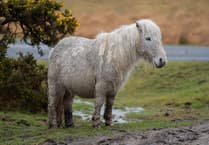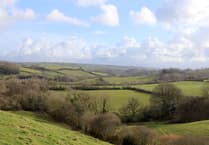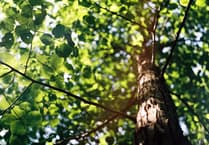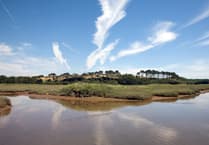Pine martens are expected to be reintroduced on Dartmoor this year as part of measures to restore nature.
The creature, once Britain’s second most common carnivore, disappeared from Dartmoor and Exmoor 150 years ago because of a loss of habitat and persecution.
They are seen as a vital missing part in thriving ecosystems and have been introduced in Mid Wales and the Forest of Dean, with plans also to release them in Somerset.
Head of conservation and land management at Dartmoor National Park Authority (DNPA) Chris Giles said many species were living in areas they would not choose to be in.
He said too many predators on the moor had resulted in a reduction or loss of rare and smaller species, with crows, deer, foxes and grey squirrels in abundance.
Mr Giles told DNPA members that the biodiversity crisis and climate change are the greatest challenges of our time and are arguably the top priorities for the national park.
The authority is now focused on nature recovery and working on a large scale, rather than the “scattergun” approach of the past, and collaborating with others to do that, he said.
They include the Duchy of Cornwall, Devon Wildlife Trust, the Environment Agency and South West Water, as well as landowners and farming and forestry businesses.
England is said to have become one of the most ‘nature depleted’ countries on earth, with more than one in seven species facing extinction. In response, in 2018 the government outlined an ambition to halt and reverse nature’s decline through a 25-year environment plan.
It has committed to protecting 30 per cent of the UK’s land for nature by 2030. Environmental Land Management Schemes (ELMS) which will become the main source of public support payment to farmers after something called the Basic Payment Scheme is phased out in 2027 and it is claimed it will be instrumental in landscape recovery.
The moor’s Farming in Protected Landscapes programme has supported over 130 projects including planting more than 1,000 native trees and 40 hectares of new habitat for nature.




